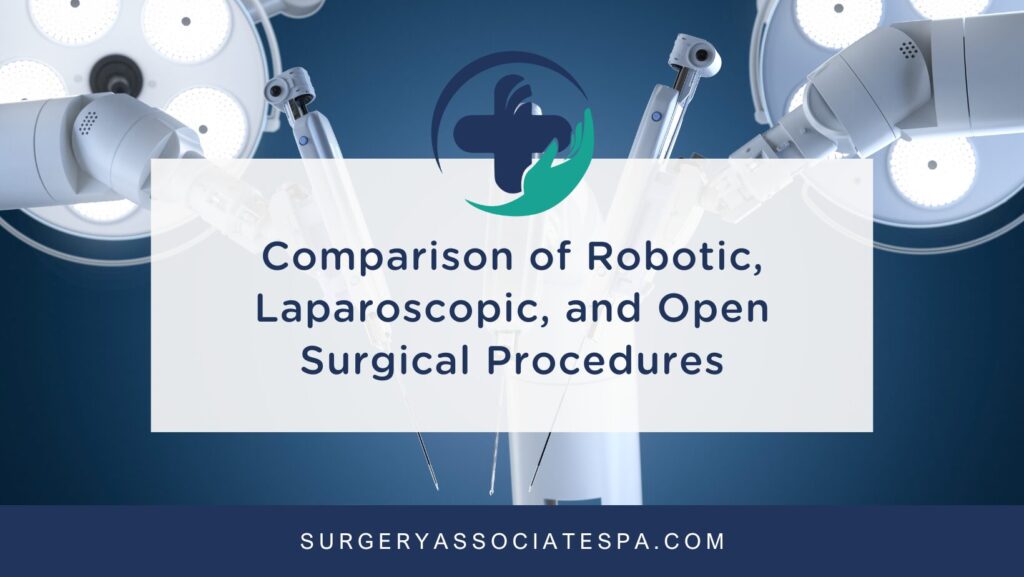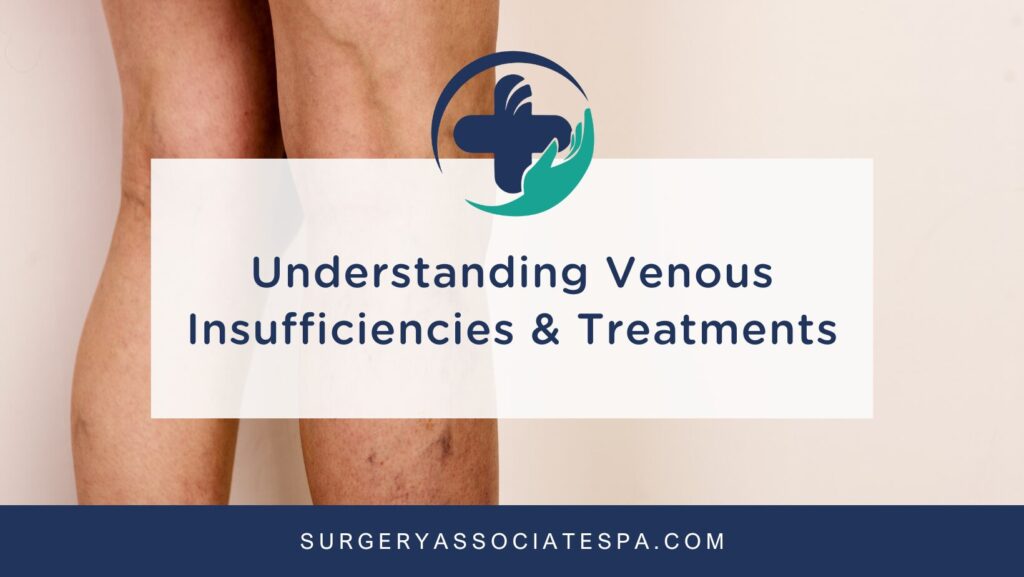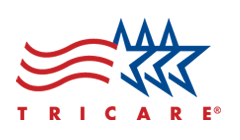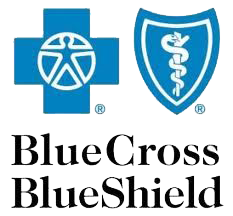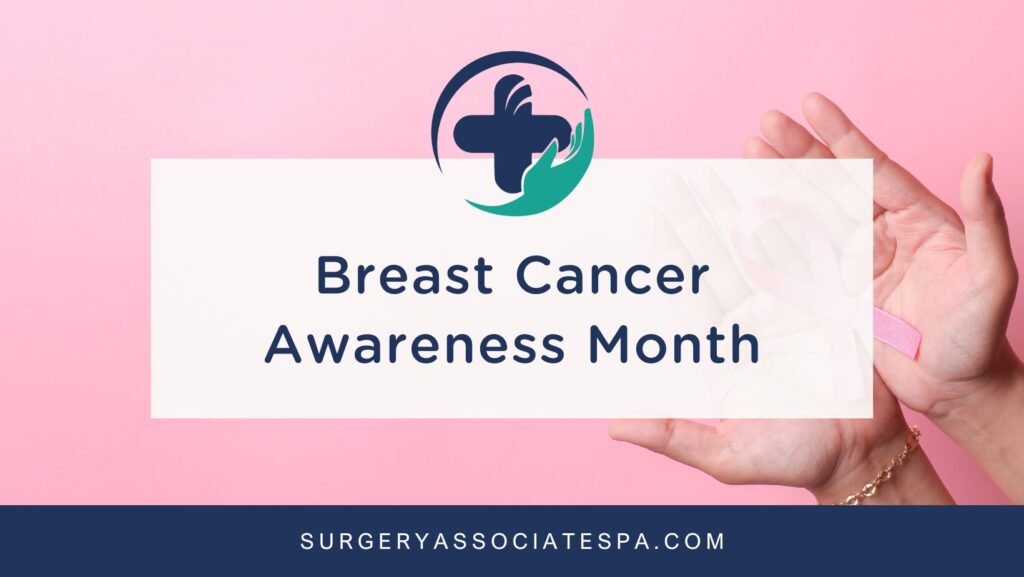
October is Breast Cancer Awareness Month, a time dedicated to promoting screenings and prevention of the disease. In the United States, 1 in 8 women is affected by breast cancer. If you have breast cancer or are at risk, you are not alone. At Surgery Associates, we are proud to support and guide our patients through any concerns or unexpected results. When you have health concerns, having a dedicated team of nurses and doctors who care can make all the difference. Today, we are providing a guide to the signs and symptoms commonly associated with breast cancer and your options for treatment at Surgery Associates.
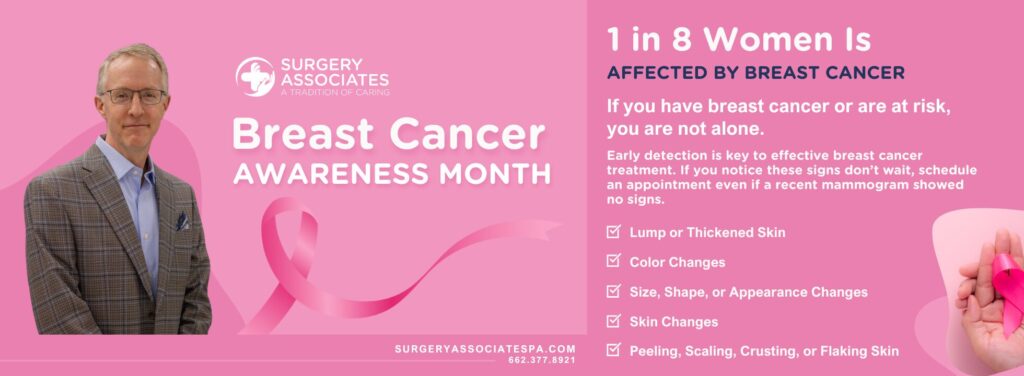
Know the Signs
Early detection is key to effective breast cancer treatment. If you notice signs of breast cancer, don’t wait until your mammogram to tell your doctor. Schedule an appointment and report the changes, even if a recent mammogram showed no signs of breast cancer. The Mayo Clinic provides the following possible signs and symptoms of breast cancer:
- A breast lump or thickened area of skin that feels different from the surrounding tissue
- Changes in the color of the breast skin.
- Change in the size, shape or appearance of a breast, or a nipple that looks flattened or turns inward.
- Changes to the skin over the breast, such as skin that looks dimpled.
- Peeling, scaling, crusting or flaking of the skin on the breast
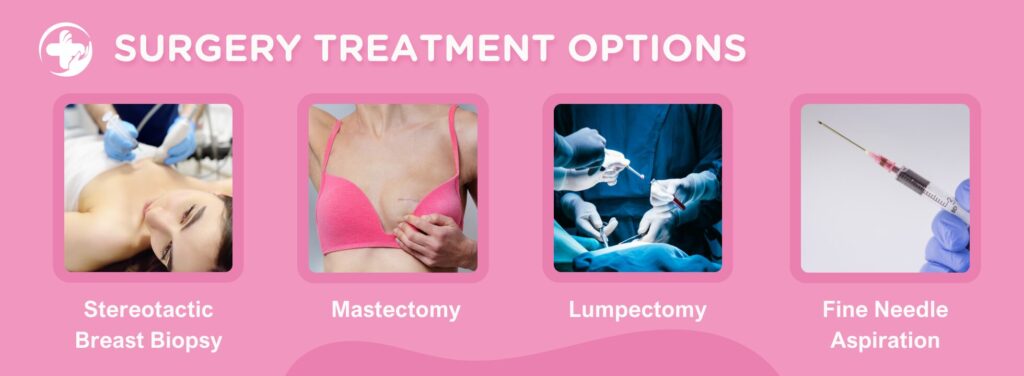
Surgical Treatment Options
At Surgery Associates, we perform different types of breast surgery depending on your individual patient needs. We want to discuss your options with you to help you make the best decision, and we encourage family and spouse participation during this process. If you are in need of an appointment, schedule one with us today. Below are some of the surgical options available to our patients:
- Stereotactic Breast Biopsy: a procedure that uses mammography to precisely identify and biopsy an abnormality within the breast
- Mastectomy: including nipple-sparing mastectomy, the surgical removal of the whole breast
- Lumpectomy: the surgical removal of a cancerous lump inside the breast
- Fine Needle Aspiration: a procedure that removes some fluid or cells from a breast lesion with a fine needle

Reduce Your Risk
Finally, living a healthy lifestyle and making conscious decisions about your health can help reduce your risk of developing cancers, including breast cancer. Here are just some of the ways you can mitigate your risk of developing breast cancer:
- Schedule Regular Mammograms: The American College of Breast Surgeons recommend screening mammograms yearly after the age of 40. For many women, mammograms are the best means of early detection.
- Reduce Alcohol Consumption: Another way to reduce your risk of breast cancer is to reduce alcohol consumption. The National Center for Health Promotion and Disease Prevention recommends women have no more than 1 drink per day and no more than 7 drinks per week.
- Exercise Regularly: We recommend 1-1.5 hours per week of moderate to vigorous exercise. Research has shown that women who increase their physical activity after menopause may have a lower risk of breast cancer than women who do not.
- Maintain a Healthy Weight: If you are overweight, we recommend discussing with your doctor healthy ways to lose weight. Having more fat tissue can raise estrogen levels, which may increase your risk for breast cancer.
- Monitor Your Hormones: If you are on post-menopausal hormonal therapy, talk to your doctor about ways of possibly reducing your hormone intake, such as finding natural ways to alleviate side effects of menopause. Hormones can stimulate the growth of breast cancer.
If you have questions or an issue that needs to be examined by a surgeon, call our office anytime! You don’t need a referral. Call us today at (662) 844-5344. We are open 8:00-5:00 Monday through Thursday and 8:00-noon on Fridays.

